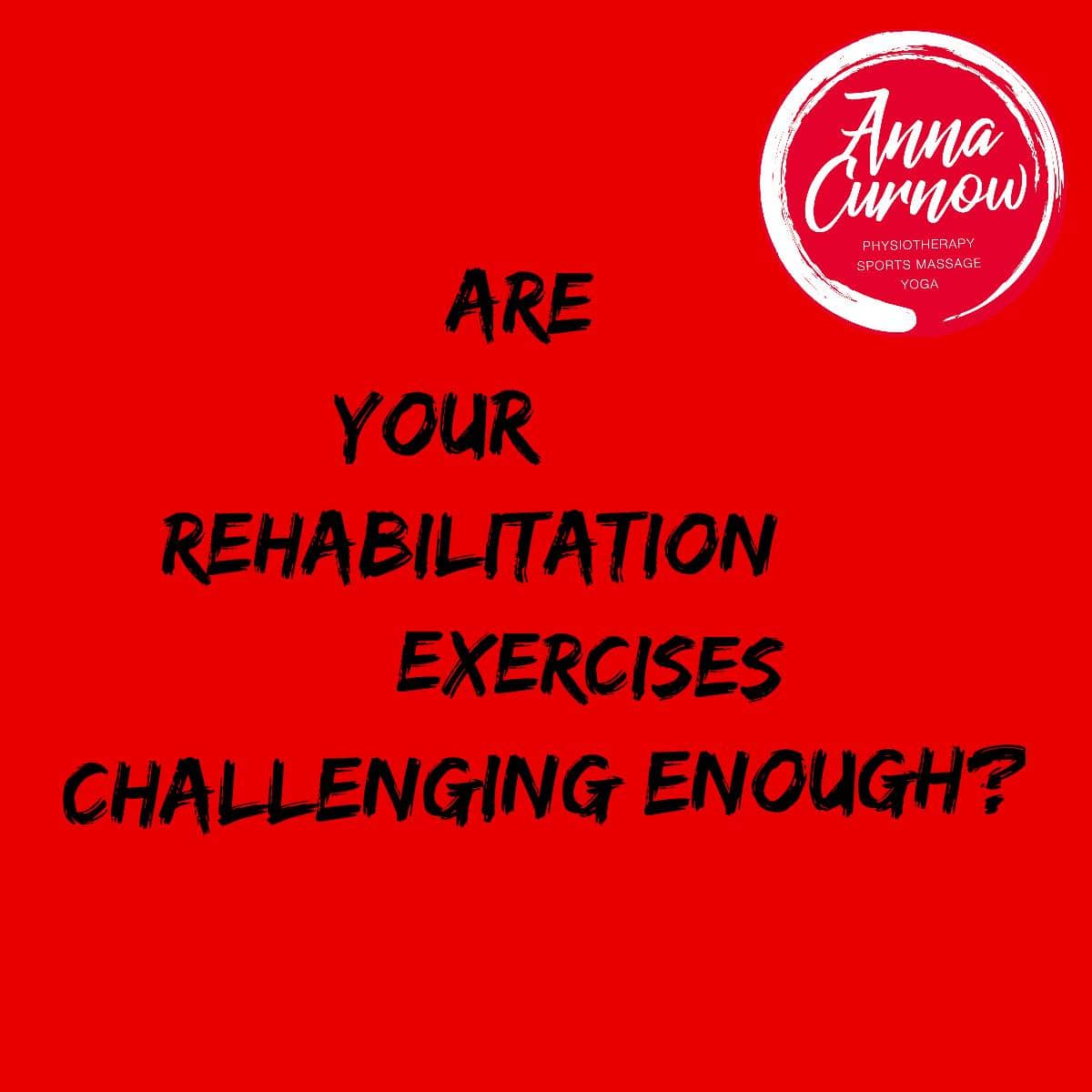
Many patients seek a second opinion when their injury has not improved with previous treatments or therapies. While some conditions naturally take time to heal, in many cases, a different approach may be needed.
Two common themes often emerge in cases where recovery has been delayed:
Passive treatments, such as massage, manual therapy, and other symptom-management techniques, can play a valuable role in easing pain and improving well-being. However, they should not be the sole focus of treatment.
For most musculoskeletal issues, effective rehabilitation is the key to long-term recovery. Without targeted exercises that actively engage and strengthen the affected tissues, progress may be slow or incomplete.
A common issue with rehabilitation is that exercises may not sufficiently load the tissue to prepare it for the activity the patient wants to return to.
In the early stages of rehab, exercises are often kept simple to accommodate pain and allow tissue healing. However, to regain full function and return to high-impact activities, progressive loading is essential.
Consider running as an example. Each foot strike can place up to 13 times your body weight through your ankle. A simple calf raise is unlikely to prepare your tissues to withstand such forces.
While calf raises are useful at the start of rehabilitation, progression is crucial. Exercises should include jumping, skipping, bounding, and hopping to build strength and resilience for high-impact activities.
Rehabilitation takes time and consistency—more than a single physiotherapy session.
Recovery is a gradual process that involves assessing your current threshold, starting at an appropriate level, and progressively increasing load, volume, and intensity over several weeks or months.
Not necessarily. While weekly sessions are not always required, regular check-ins every few weeks can help adjust and progress your rehabilitation plan to ensure steady improvement.
While there may not be a quick or “magic” solution, structured and progressive rehabilitation is the most effective way to recover and return to full activity in the long run.
At Anna Curnow Physiotherapy in Bromsgrove, Worcestershire, we specialise in tailored rehabilitation programmes designed to help you recover effectively and regain full function. Whether you're struggling with a long-term injury or looking to return to high-impact activities, we can guide you through a structured, progressive approach to recovery. Get in touch today to discuss your rehabilitation needs—call 07810 182 876, email anna@acphysio.co.uk, or contact us online.